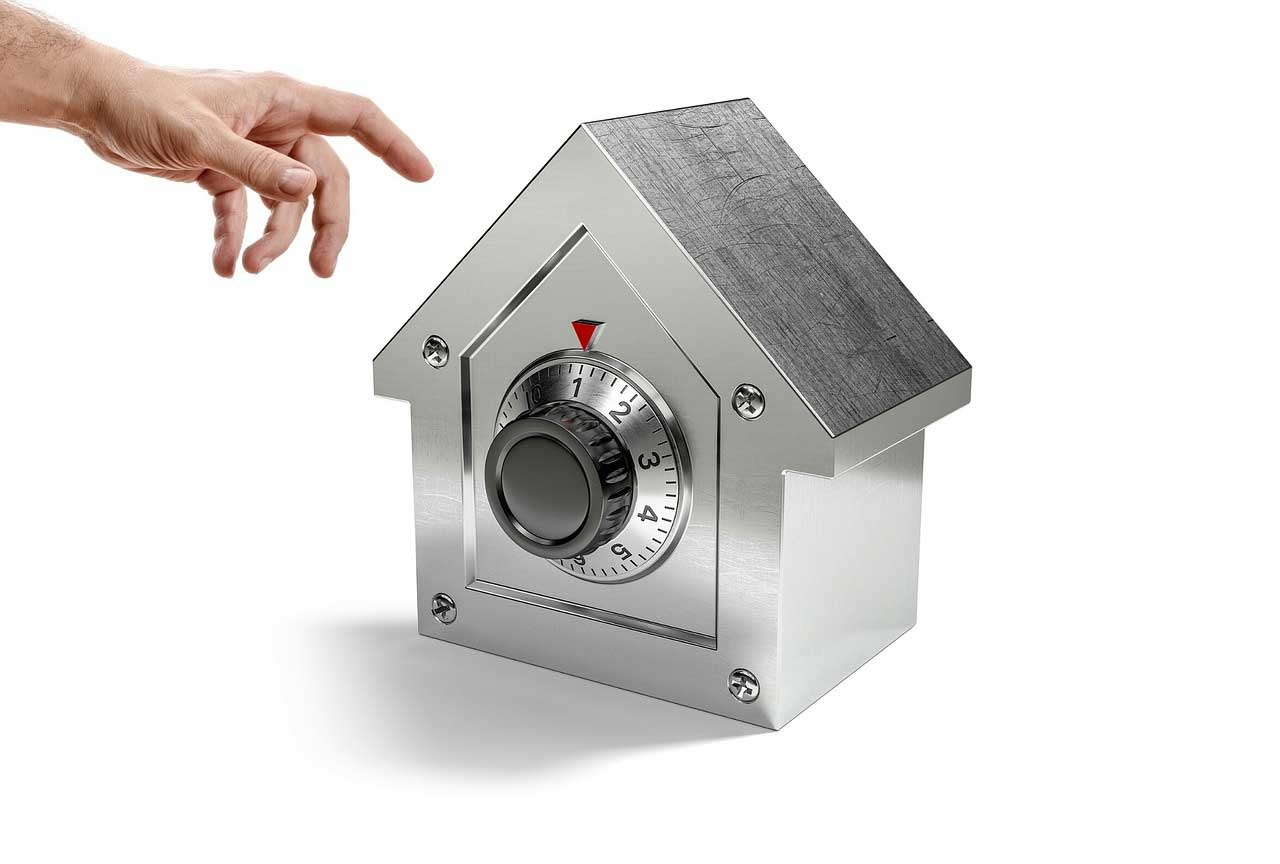5 Smart Decisions to Help Protect Your Finances




Get your free Credit report that cost Rs 1200 for FREE
1. Build your Credit Score
2. Reduce your Current Borrowing / EMI Costs
When it comes to your credit score, you surely don't want to be a Jon Snow (context: the famous fictional character who, apparently, 'knows nothing'). If you don't carefully plan and protect your money, your finances might go for a toss. Let me walk you through some quick tips to help you protect your finances.

Make Regular Checks on Your Credit Report
Most financial advisors will ask you to keep a track on your credit report. You must check it from time to time. Credit Bureaus, such as Equifax, CRIF High Mark, Experian, and TransUnion allow you to check your credit report once in a year for free. However, it is recommended that you conduct more frequent checks - maybe twice or thrice a year.
By doing so, you get to keep all your personal information updated. You also get to monitor your activities in the finance field and identify possible fraud. Identity theft has become a common menace these days - it's easier to detect one by going through your detailed credit report.
Mymoneykarma offers its Intelligent Finance Tool to help you check your credit score without any fee.
Identify Reporting Errors
Your card issuing company might make an error while submitting your credit information to the credit bureaus. The credit bureaus can make a mistake in filing your credit report. It could be an account-related error, like a wrongly reported late payment record, which can cause a drop in your credit score.
It could also be a new address or telephone number linked to your account which wasn't authorized by you and could indicate fraudulent activity. Your report might also contain old negative marks which must have been cleared by now but somehow wasn't. These errors are quite common and it's your job to identify them and get them rectified.
Set up Autopay
If you use multiple credit cards, the different billing cycles and due dates can make you go nuts. There is a high chance that you might miss a payment amidst the confusion.
Late payments can incur a huge APR. It can also soil your credit history if the creditor reports it. It might seem like a trivial error, but it can leave a mark on your credit report for seven years.
Autopay can be your savior. All you need to do is ink your credit cards to your savings account and set up autopay. Ensure that you keep enough funds in that account to pay the credit card bills and you're good to go!
You could also try to convince the issuing companies to set the due date on the same day for all your credit cards - ideally, a day or two after your salary is credited. However, the lenders might refuse. Autopay is your go-to option.
Pay off Your Balance Completely
If someone ever convinced you that an outstanding balance would build your credit score, lo and behold - you have been duped!
Carrying an outstanding credit balance could be a huge hazard. It can raise your credit utilization rate, thus pulling down your credit score. An outstanding balance also attracts an 'outstanding' interest rate reaching up to 16%. You surely wouldn't want to repay more money than you had originally borrowed.
Teach yourself these two mantras:
-
Don't spend more than 30% of your credit limit.
-
Repay the full amount that you have borrowed within the due date of every billing cycle.
Ask for Extra Perks
If you can show a clean credit history to the credit bureaus and the credit card companies, you get the upper hand to ask the lenders for a handful of facilities that will help boost your credit health.
You could ask for a higher credit limit which will bring down your total credit utilization rate and improve your credit score. However, you must be able to resist the temptation to use up a handsome portion of the new credit limit.
If you are skilled with words, you might try convincing the lender to reduce the interest rates on the basis of your spic and span credit history. They might not agree, but what's the harm in trying?
Have you missed a credit card payment for the first time? If you have a spotless credit history, you could try to ask your card issuing company to waive off the late fee if you immediately repay the amount in full. You could also talk them into holding this late payment information from the credit bureaus. However, this, again, is entirely at the lender's discretion.
To Sum up
With age comes experience; with experience comes wisdom. As your credit age increases, your experiences will make you wise. Until you reach that level of wisdom, adhere to these tit-bits.
These five credit decisions can work wonders for your credit health. Keep track of your credit score so that you have a clear idea of your progress as well.




 ®
® 